Advertisement
What Are Rent To-Own Homes
Advertisement
Owning a home is a lifelong dream for many families, but traditional methods like mortgages aren't always within reach. That's where rent-to-own homes come into play—they offer an alternative path to homeownership without the need for immediate financing. But hold your horses; while these options can bridge the gap, they also come with risks that might not be obvious at first glance. Here are ten essential things you need to know about rent-to-own homes before signing any leases or contracts.
You're Still Paying Rent
First things first: in a rent-to-own agreement, you're still paying rent to a landlord. While the specific terms can vary widely, you'll generally be paying fair market rates. Additionally, you might pay a bit extra each month, which goes toward the home's purchase price. For example, if the monthly rent is $1,000, you might pay $1,250—$1,000 covers rent, and $250 is credited toward buying the house. This way, you're slowly building equity as you rent.

Advertisement
Option to Buy
Moreover, some rent-to-own agreements don't require extra monthly payments but do involve a significant upfront fee known as an option fee. This fee secures your exclusive right to purchase the home in the future. Essentially, the landlord is obligated to sell the house to you and only you, unless you decide not to buy it. This arrangement can be fantastic if you've found your dream home but need time to save for a down payment or improve your credit score to qualify for a mortgage.

Advertisement
You Snooze, You Lose
However, don't overlook the risks involved. If circumstances change and you can't proceed with the purchase, you usually forfeit all the money you've paid toward the home. Unlike a security deposit, the option fee and any extra monthly payments are generally non-refundable. Most contracts specify that the landlord keeps any funds paid toward the purchase price if the deal falls through. Therefore, before entering a rent-to-own agreement, ensure you have a steady income and a solid plan to buy the home.

Advertisement
Who Handles Repairs?
Another point to consider is who handles repairs. In a standard rental, the landlord takes care of maintenance and repairs. But in a rent-to-own agreement, this responsibility might shift to you, the tenant. Consequently, it's vital to have good insurance and a savings cushion for unexpected repairs. On the bright side, you often gain more freedom to remodel or renovate the home to your liking. So, if you're keen on customizing your living space, this could be a real perk.
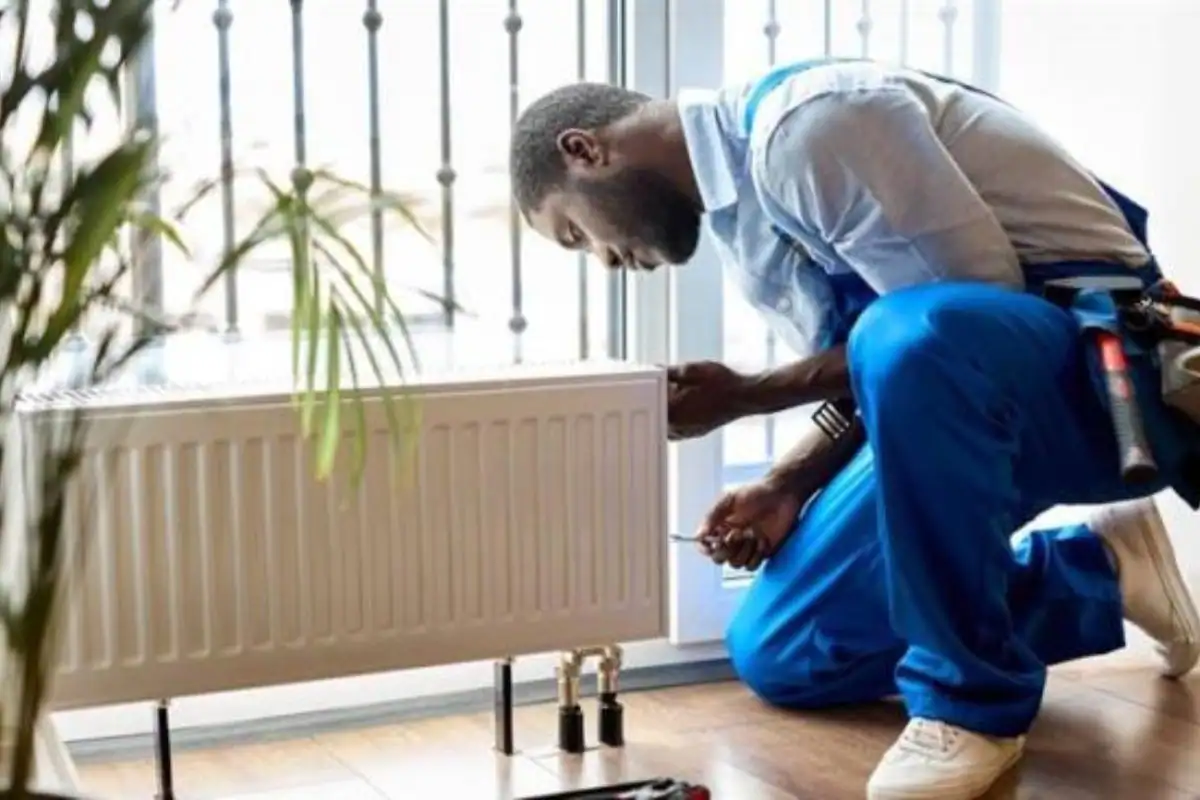
Advertisement
Terms and Regulations
Furthermore, be aware that rent-to-own contracts can alter the typical landlord-tenant relationship. You might have fewer legal protections compared to standard renters. For instance, some agreements include clauses stating that if you're late on rent, any additional fees won't count toward the home's purchase price. Therefore, it's crucial to read the contract thoroughly and perhaps consult a legal professional to understand all the terms.
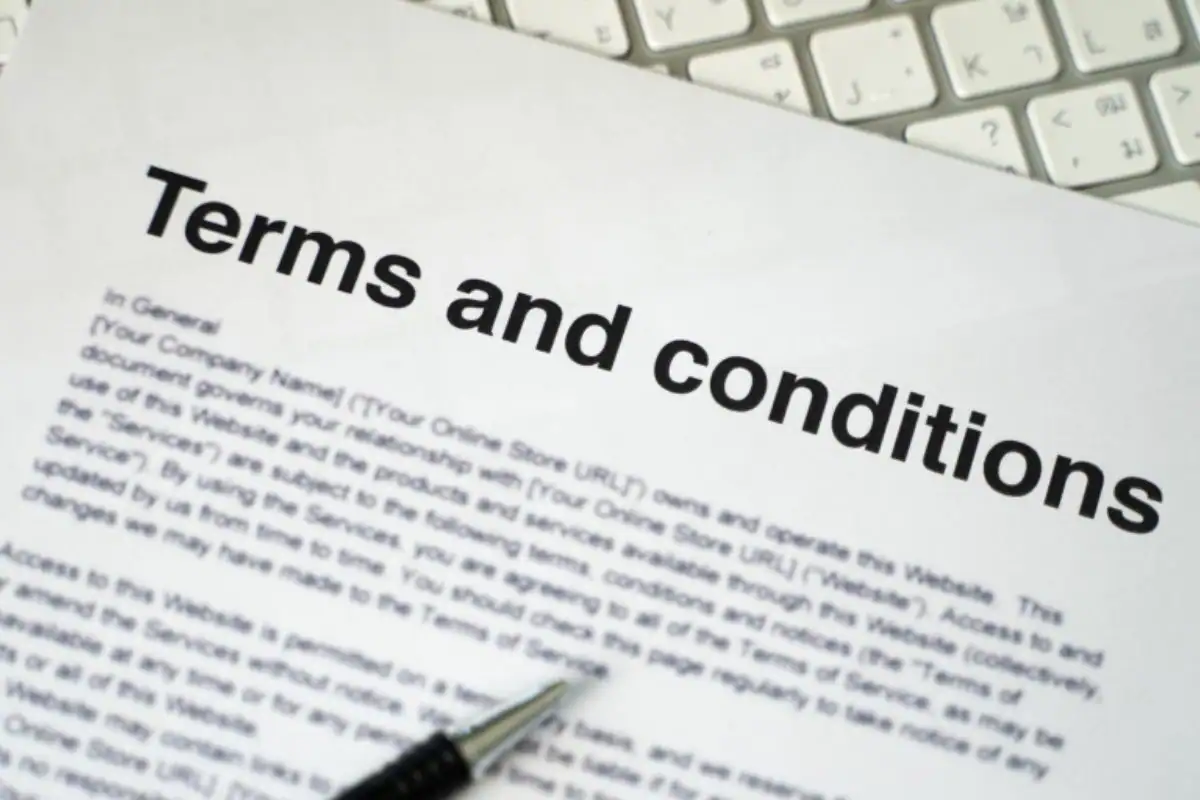
Advertisement
Pre-Approval Is a Good Idea
Even if you're not ready to buy immediately, getting pre-approved for a mortgage is a smart move. Since you risk losing all the extra money paid toward the house, it's essential to ensure you can realistically afford the purchase down the line. Pre-approval gives you a clearer picture of your financial standing and can prevent unpleasant surprises when it's time to buy.
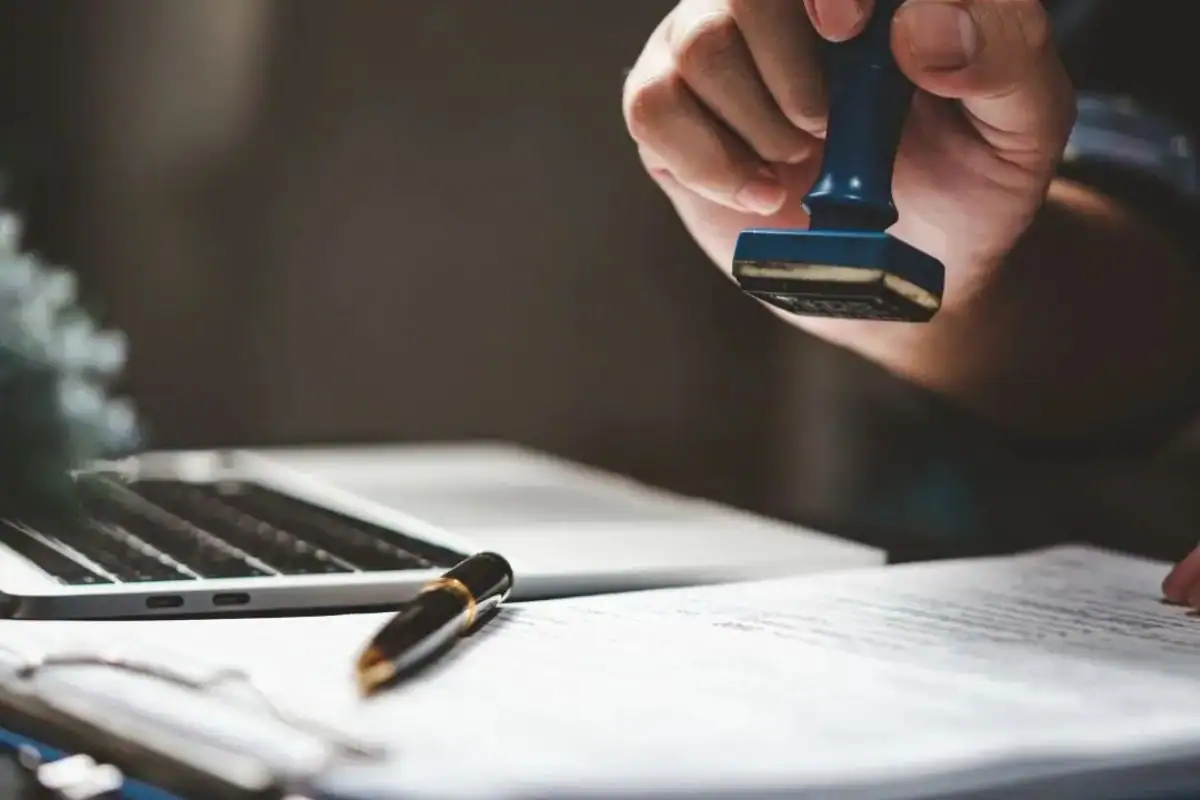
Advertisement
Flexibility and Freedom
So, when does rent-to-own make sense? If you've found a house you love and want to stay in the area but need some time to decide, renting to own could be an attractive option. Just remember, if you change your mind, you may lose the money you've invested. Additionally, this arrangement allows you to start paying down the purchase price while you save for a down payment, offering a blend of flexibility and financial progress.

Advertisement
The Landlord's Perspective
Looking at it from the landlord's perspective, rent-to-own can be quite advantageous. It provides a steady income and reduces some of the typical headaches of renting, as tenants are more likely to take good care of a property they intend to buy. Plus, if the renter decides not to purchase, the landlord keeps all the extra funds paid, which can be a financial win.
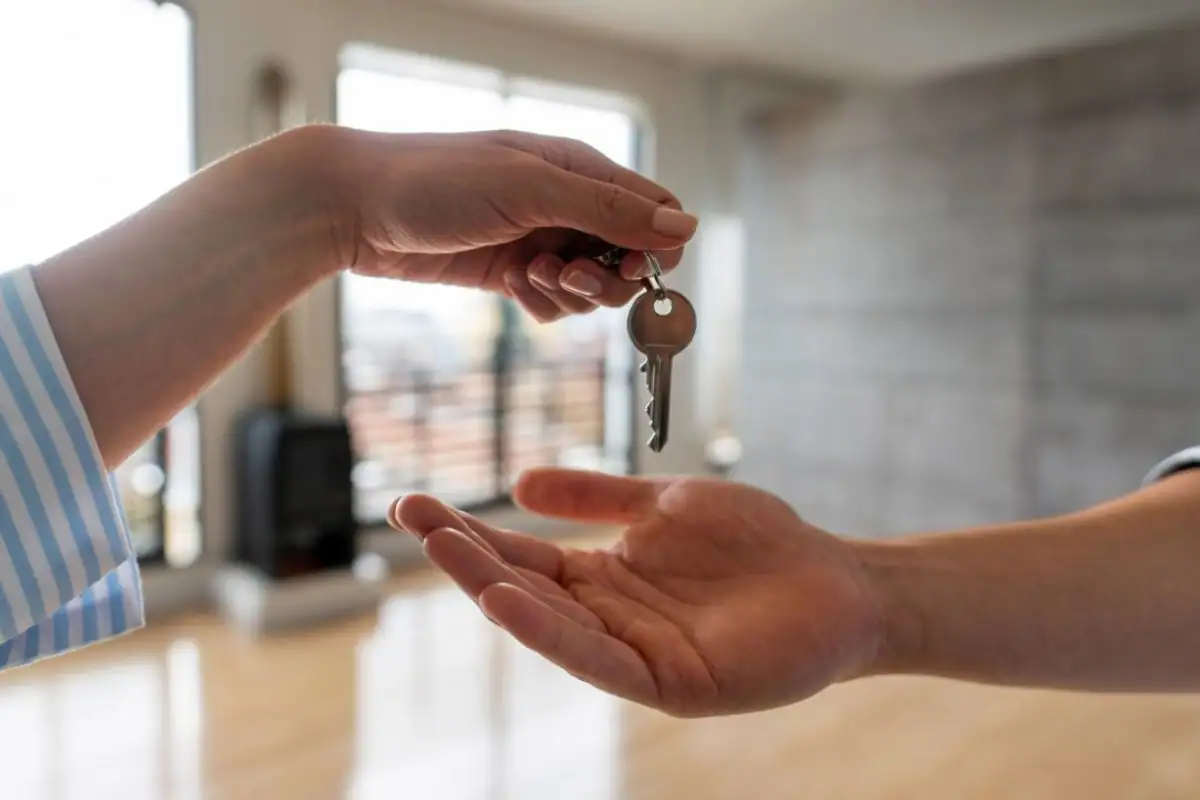
Advertisement
How Much Will You Pay?
One of the challenges with rent-to-own agreements is the lack of standardization, making it tricky to pin down costs. Typically, option fees range from three to seven percent of the home's purchase price. Monthly rents can vary widely based on the local market. The good news is you have the flexibility to negotiate terms that suit your budget, though the landlord has the final say in approving or declining your offer.

Advertisement
How Long Is the Lease?
Lastly, consider the lease duration. Unlike typical rental agreements, rent-to-own leases are usually longer, often lasting at least three years. This extended period gives you time to save money and arrange financing to purchase the home. In some cases, leases can extend to ten years or more, providing ample time to prepare for homeownership.
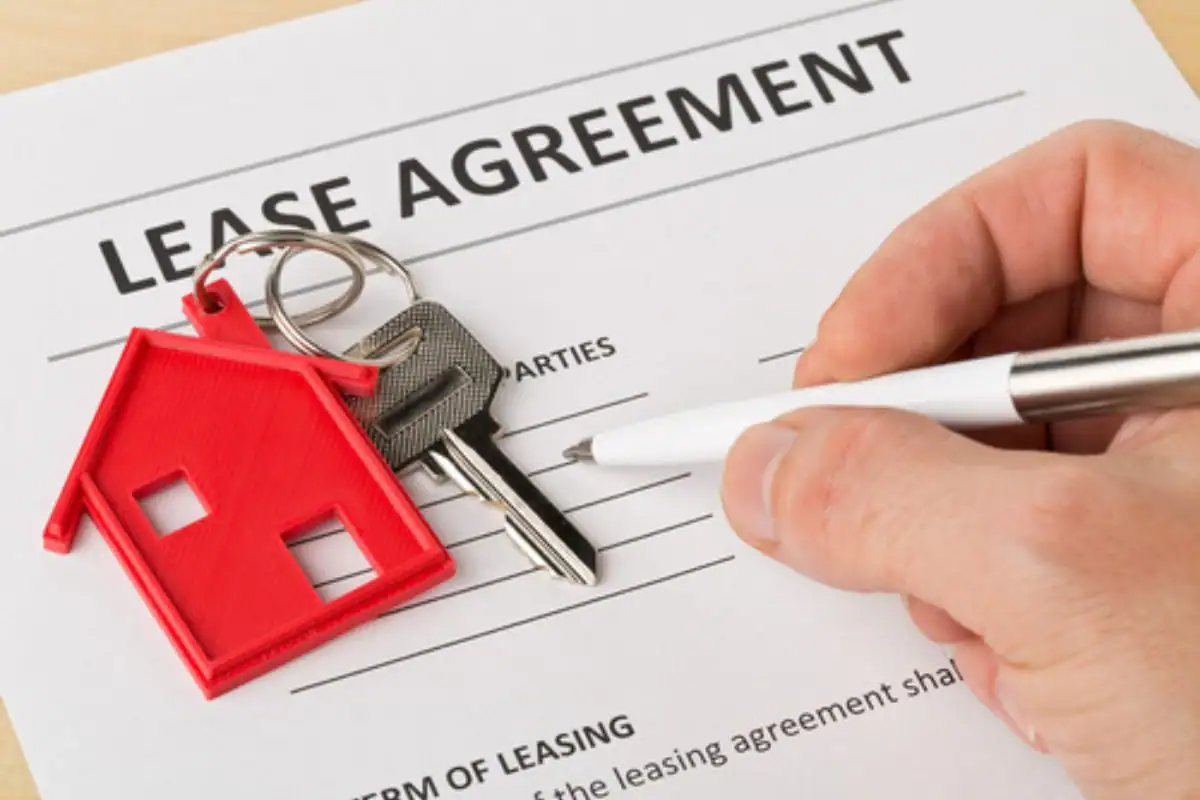
.png)




